NetSuite Integrations: Top Choices by Use Case, Key Considerations, and Tips
.png)
When teams using NetSuite need to streamline workflows, connect data, and improve efficiency, they often turn to integrations. NetSuite integrations can give access to up-to-date customer data to sales teams, improve financial data accuracy for accounting teams, automate support ticket syncing for customer support teams, and more. If these sound like functionalities that your team is exploring, keep reading.
What You’ll Learn
- Types of NetSuite integration methods and which is best for your team’s needs
- Key benefits and capabilities that NetSuite integrations help you unlock
- Best NetSuite integrations depending on your use case
- Common NetSuite integration challenges and how to solve them
Looking for a full breakdown of NetSuite for accounting teams? Check out our recently published NetSuite guide, which features over 50 pages of NetSuite-related tips and resources.
NetSuite Integration Methods
When connecting NetSuite with other tools in your tech stack, choosing the right integration approach is key. The ideal solution depends on your team’s technical skills, security requirements, implementation timeline, and budget.
Here are the three main methods for NetSuite integrations, each with its own specifications and pros and cons:
1. NetSuite APIs
The first approach to connecting third-party tools to NetSuite ERP is via custom integrations. NetSuite offers Simple Object Access Protocol (SOAP) and Representational State Transfer (REST) APIs as well as SuiteScripe (JavaScript-based scripting) and SuiteCloud Developer Tools for entirely custom workflows.
- Best for: Complex, highly customizable workflows with enterprise-level control
- Considerations: Requires extensive tech expertise and dedicated developer resources
- Implementation Time & Effort: High level of effort; typically takes weeks or months to implement
- Pros: Full control and flexibility; deep access to NetSuite functions and data
- Cons: Time-consuming, resource-intense to build and maintain; manual security setup
2. iPaaS Platforms
Integration Platform as a Service (iPaas) solutions provide low-code to no-code options to connect NetSuite with other business and financial management systems. iPaaS platform examples include Celigo, Workato, and Boomi.
- Best for: Mid-to-large businesses that need scalable and repeatable NetSuite integrations
- Considerations: Recurring monthly payment; iPaaS platform knowledge required
- Implementation Time & Effort: Medium level of effort; usually takes days or weeks to get started
- Pros: Fast deployment; prebuilt templates; easy error handling
- Cons: Limited flexibility and less control; relatively costly to scale
3. Prebuilt App Connectors

Many software vendors offer plug-and-play integrations via the NetSuite SuiteApps Marketplace or native connectors.
- Best for: Common use cases such as NetSuite integration with CRM, billing, and payment sync
- Considerations: Limitations based on what is available on the Marketplace
- Implementation Time & Effort: Low level of effort; typically takes hours or days to go live
- Pros: Minimal technical setup; fastest integration method
- Cons: Hard customizations; limited data mapping visibility
How to Decide on the Best NetSuite Integration Method for Your Needs
When deciding on the most appropriate NetSuite integration approach for your team, consider the following factors:
- Workflow Complexity: Do you need basic data sync or deep, custom logic?
- Customization Needs: Do you need control over data mapping, triggers, and logic?
- Security Requirements: How sensitive is the data you’re going to transfer?
- Technical Expertise: Do you have in-house developers or do you need low-code tools?
- Implementation Time: How soon do you need the integrations live?
- Vendor Support & Maintenance: Will you need ongoing software updates and troubleshooting?
- Budget: Are you looking for a low-cost solution or are you able to invest in robust tools? Keep in mind that the integration method affects the total NetSuite implementation cost.
Below is a quick summary of the main features of the three NetSuite integration approaches:
Integration Benefits, By Function
Connecting the NetSuite ERP system with your core business management software helps each department operate more efficiently while keeping data consistent across your organization.
NetSuite integrations with third-party tools enable each department to streamline processes, centralize data, and boost efficiency for organization-wide benefits. By connecting the necessary apps, your team can gain access to cross-functional visibility, reduce manual labor, and drive smarter business decisions.
The Definitive Playbook on All Things NetSuite

Best NetSuite Integrations to Consider, by Use Case
Below, we break down key NetSuite integrations to consider based on which provide the most value for which use cases.
Accounting & Finance
A NetSuite integration with financial and accounting software can help if:
- Your financial close is delayed due to fragmented data across systems.
- You’re relying on spreadsheets to track approvals or reconciliations.
- You need better audit trails or control over spend approvals.
1. Numeric
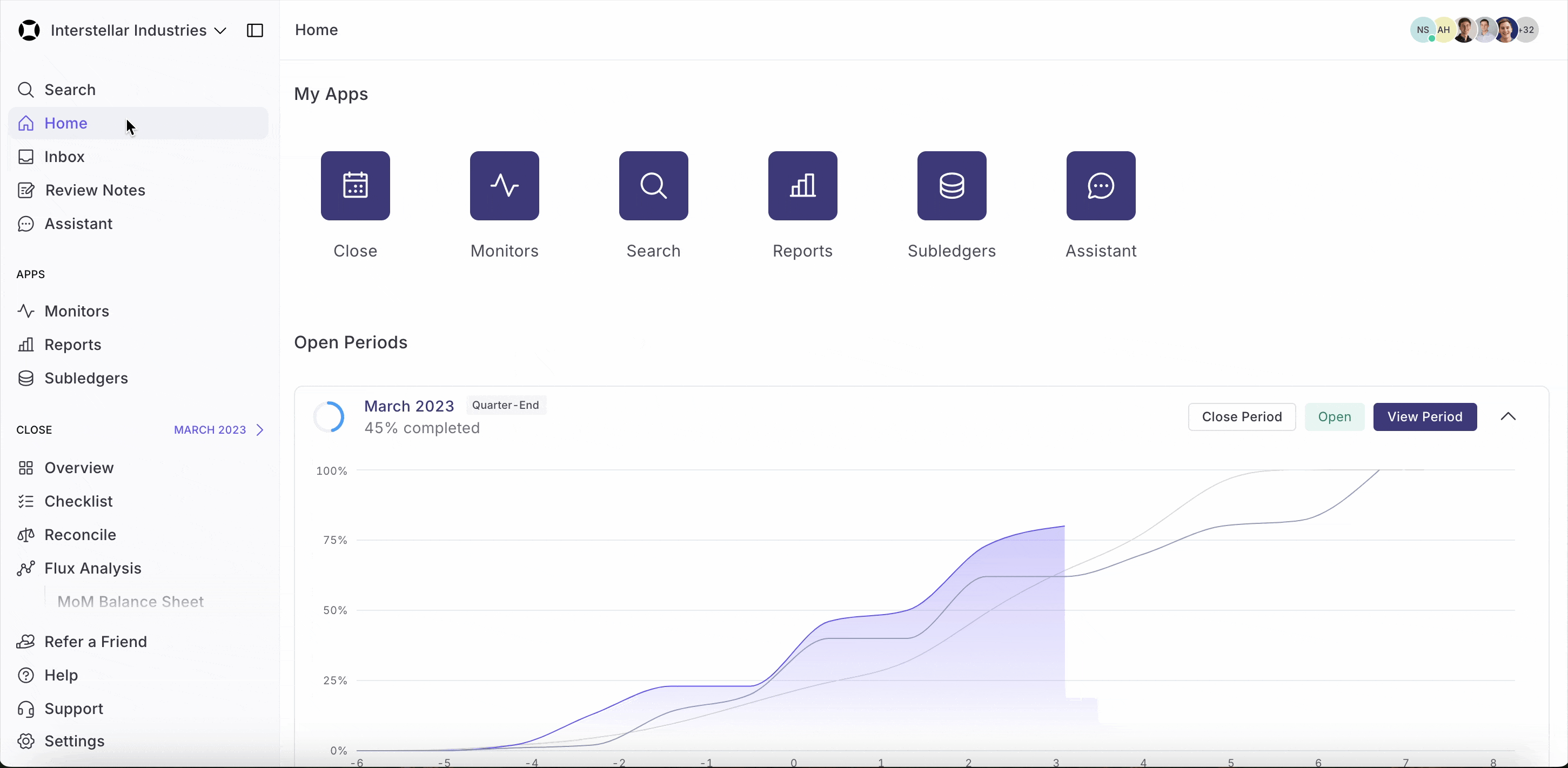
- NetSuite Integration Method: Direct API
Numeric is a purpose-built AI accounting software designed specifically for accounting teams that want to close the books faster, eliminate repetitive tasks, and improve accuracy - allowing them to automate workflows, flag anomalies in real time, and focus on high-impact work.
Numeric integrates directly with NetSuite to streamline financial close by automating reconciliations, variance analysis, and month-end close checklists. This helps teams reduce manual work and boost efficiency in an unprecedented manner.
Here is what Director of Accounting Yifei Wang and Senior Accountant Mary Caiello from Public.com shared about the company’s experience in integrating NetSuite with Numeric, including how Numeric improved their bank reconciliation in NetSuite:

To read what the process looked like for Public.com in more detail, check out this case study.
After integrating Numeric with NetSuite, Public.com has seen significant improvements including a 3X increased work efficiency across the team, 25-35% increased task efficiency across the team, 2+ days less per month on financial close.
To automate the month-end close process and add structure to your team by integrating with NetSuite, schedule a personalized demo.
2. FloQast

- NetSuite Integration Method: API
FloQast helps streamline month-end close by syncing with NetSuite to manage reconciliations, checklists, and documentation under a single roof. Compared to alternatives, FloQast offers less automation but still cuts manual work and improves accuracy.
3. BlackLine

- NetSuite Integration Method: API or SuiteApp Connector
BlackLine integrates with NetSuite to automate account reconciliations, journal entries, and financial close tasks. BlackLine reconciliation helps financial teams reduce manual processes, boost accuracy, and ensure compliance but comes with cumbersome implementation compared to BlackLine competitors.
CRM & Sales
You should consider a NetSuite integration with CRM and sales software in case:
- Sales and finance teams have access to different, outdated versions of customer data.
- Closed deals do not automatically generate sales orders or invoices.
- Your organization lacks visibility into the customer payment status during the sales process.
4. Salesforce

- NetSuite Integration Method: iPaaS Platform or Prebuilt SuiteApp Connector
Integrating Salesforce with NetSuite connects your CRM and ERP systems to automate lead-to-cash processes by syncing contacts, deals, and orders.
5. HubSpot

- NetSuite Integration Method: iPaaS Platform or Native Connector
HubSpot integration with NetSuite supports real-time syncing of customer data, deals, and lifecycle stages. This helps align sales, marketing, and finance.
E-commerce
Connecting NetSuite to your e-commerce platform can help your business if:
- You enter orders manually from your store to NetSuite.
- Inventory levels are not consistent across platforms.
- Customer info, shipping updates, and refunds don’t sync properly.
6. Shopify

- NetSuite Integration Method: iPaaS Platform or SuiteApp Connector
NetSuite integration with Shopify helps sync orders, customers, products, and inventory. This allows for the automation of fulfillment and financial workflows.
7. Adobe Commerce

- NetSuite Integration Method: iPaaS Platform or Prebuilt Connector
Adobe Commerce connects with NetSuite to automate data flow for product listings, order status, inventory, and shipping details.
8. BigCommerce

- NetSuite Integration Method: iPaaS Platform or SuiteApp Connector
The NetSuite-BigCommerce integration aligns product, inventory, and order data between the two platforms, improving post-purchase operations.
AP Automation
NetSuite integrations with accounts payable software tools can bring value in case:
- Vendor invoice processing happens manually and is prone to error.
- Your team lacks visibility into payables or approval workflows.
- You need to automate global payments with built-in compliance.
9. Tipalti

- NetSuite Integration Method: API or SuiteApp Connector
Tipalti automates AP and integrates with NetSuite to streamline invoice capture, approvals, and cross-border payments.
10. Bill.com

- NetSuite Integration Method: iPaaS Platform or SuiteApp Connector
Connecting Bill.com and NetSuite allows teams to sync vendors, bills, and payments in order to reduce AP tasks and allow electronic approvals.
Customer Support & Customer Service
Integrating customer support and customer services tools with NetSuite can be the solution to your problems if:
- Your customer support reps don’t have access to up-to-date customer order or billing information.
- There’s a disconnection between service tickets and fulfillment issues.
- You can’t track customer issues along with financial data.
11. Zendesk
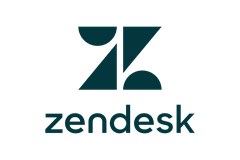
- NetSuite Integration Method: iPaaS Platform or Native Zendesk App
Zendesk integrates with NetSuite to give customer service teams access to orders, invoices, and customer account info directly within the ticketing system.
12. Freshdesk
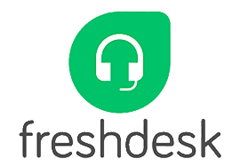
- NetSuite Integration Method: iPaaS Platform
Connecting NetSuite to Freshdesk unifies support and financial data, which supports the faster resolution of billing- and order-related issues.
Payroll & HR
Integration between NetSuite and your payroll and HR systems can help address pain points in case:
- You have to enter payroll journal entries manually into NetSuite ERP.
- Employee data is siloed across different systems.
- You don’t have audit-ready payroll reconciliation.
13. ADP
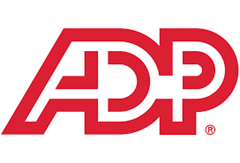
- NetSuite Integration Method: API or SuiteApp Connector
ADP connects with NetSuite to automate payroll entries, employee updates, and benefits-related data syncing.
14. Rippling

- NetSuite Integration Method: API via iPaaS Platform
Rippling integration with NetSuite syncs payroll, GL entries, and employee data. This reduces the need for manual data imports and eliminates human error.
15. Paylocity

- NetSuite Integration Method: iPaaS Platform
NetSuite integration with Paylocity transfers payroll summaries and employee expenses to the ERP system, which simplifies payroll reconciliation and reporting.
Business Intelligence & Reporting
An integration between NetSuite and business intelligence and reporting tools can help your team in case:
- Reporting is delayed due to manual data exports and imports.
- You use multiple tools to analyze performance.
- Management and leadership lack real-time financial insights.
16. Tableau

- NetSuite Integration Method: API + Data Warehouse + BI Connector
Tableau integrates with NetSuite, frequently via a data warehouse, to get access to data to visualize real-time financial and operational metrics.
17. Power BI

- NetSuite Integration Method: API or iPaaS Platform
Power BI connects with NetSuite using data pipelines to build custom dashboards and automated reports for business decision-makers.
POS and Online Payments
NetSuite integrations with POS and online payment systems can prove valuable to your business in case:
- Payment records are not synced with orders or financial systems.
- You face issues reconciling POS and online payments.
- You don’t have real-time visibility across channels.
18. Stripe

- NetSuite Integration Method: API or SuiteApp Connector
Integrating Stripe with NetSuite ERP enables the automation of payment capture, refunds, and reconciliation for online transactions.
19. Clover

- NetSuite Integration Method: iPaaS Platform
The Clover POS system connects with NetSuite to push transaction and inventory data into the ERP platform for consolidated financial visibility.
20. Square

- NetSuite Integration Method: iPaaS Platform
Square integration with NetSuite leads to POS transactions, inventory, and customer data syncing that unifies commerce management.
Shipping, Logistics & 3PL
NetSuite integration with shipping, logistics, and 3PL systems can help you if:
- There is no syncing of shipping data with your ERP or e-commerce tools.
- You enter tracking info and shipping costs manually.
- You don’t have visibility into fulfillment timelines.
21. ShipHawk
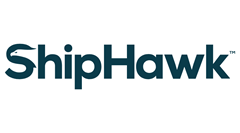
- NetSuite Integration Method: SuiteApp Connector
ShipHawk connects to NetSuite in order to automate shipping, freight quotes, tracking, and returns across carriers.
22. UPS

- NetSuite Integration Method: API or iPaaS Platform
NetSuite integration with UPS provides streamlined label generation, shipment tracking, and cost reconciliation.
23. DHL
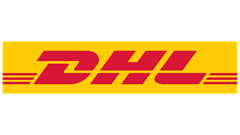
- NetSuite Integration Method: API via Shipping Management Software or iPaaS Platform
DHL integrates with NetSuite for real-time tracking, international shipping workflows, and customs documentation.
Now that you know the ins and outs of integrating NetSuite ERP with some of the most popular vendors across different business functions, you can prepare your team for a smooth, seamless process.
What to Consider Before Connecting Your Tech Stack with NetSuite
To maximize benefits, remember to plan carefully and account for implementation, security, and costs.
Here’s what to consider before jumping in:
Integration Strategy
A well-defined integration strategy sets you for long-term success. Alternatively, rushing into integrations before analyzing and understanding your business leads to the need to rework, technical debt, and missed automation opportunities.
Consider the following components:
- Needs Assessment:
- Start with a clear mapping of your business processes and pain points.
- Identify which systems need to be integrated with NetSuite, like your account reconciliation software, CRM, payroll software, or BI tool.
- Define what success looks like for each connection by defining specific KPIs and targets.
- Scalability: Choose integration solutions and methods that can evolve with your organization. Ensure NetSuite integrations are flexible enough to scale without breaking, whether adding new products, markets, units, or apps.
- Data Consistency: Rule out inconsistent or duplicate data between systems that can lead to reporting errors, compliance issues, and operational friction. Maintain data integrity and consistency across all integrated systems to avoid discrepancies. Make sure connections support two-directional syncing, validation rules, and centralized data governance.
Security and Compliance
As an ERP system, NetSuite is often at the center of your financial infrastructure. That’s why protecting your financial data and compliance with required standards is a must.
Keep an eye on the following:
- Regulatory Compliance: Ensure that NetSuite integrations adhere to applicable industry standards and regulations, such as GDPR, SOX, or HIPPA. This is crucial if you handle financial, HR, or customer data. You can check out this guide to SaaS compliance for more details.
- Security Controls: Implement strong access management policies, data encryption, and other security best practices. This is required in order to protect sensitive information across systems.
- Vendor Trustworthiness: When using third-party platforms, such as iPaaS platforms or SuiteApp connectors, select vendors that are certified, have a strong brand reputation, and meet your organization’s security and compliance requirements.
Cost Considerations
Remember that third-party connections can impact the overall NetSuite price for your org.
Take the following into account:
- Total Cost of Ownership: Look into licensing fees, implementation costs, consulting, training, ongoing support, maintenance cost, and potential downtime to estimate the entire cost of NetSuite integrations. You can check out this CTO’s guide to a digital product’s TCO for accurate estimates.
- Alignment with Budget: Evaluate whether the expected efficiency gains, scalability, and risk reduction are worth the total investment. Consider additional costs as your business grows and you need to scale.
- In-House vs Outsourced Cost Factors: Decide if your in-house team has the capacity to build and maintain integrations, especially if they need to be customized, or you need to hire an external expert. Consider whether using an iPaaS platform might reduce the long-term cost.
Common NetSuite Integration Challenges (And How to Solve Them)
While integrating NetSuite with other tools offers considerable potential gains, teams frequently face challenges along the way.
Here are the most common obstacles that organizations encounter when integrating tools with NetSuite and practical solutions for each:
1. Complexity & Cost of Custom Development
Challenge: Building and maintaining custom API integrations demands specialized technical expertise both in the short and long term. Such projects can be time-consuming, expensive, and difficult to maintain amid evolving business requirements.
Solution: Try to use iPaaS platforms and prebuilt connectors for connecting mainstream applications to NetSuite, such as CRM, payroll, and e-commerce. Reserve custom development for highly unique cases that cannot be addressed with off-the-shelf tools. This will reduce the time to value and the total cost of ownership.
2. Data Consistency & Synchronization Delays
Challenge: When data doesn’t get synced in real time or systems use different master records, this can lead to business decisions based on outdated or inaccurate information. This inefficiency can negatively impact everything, from inventory management to cash flow forecasting.
Solution: Choose integration tools that support real-time synchronization, with built-in data validation and error-handling. Look for platforms that offer dashboards and logs for monitoring sync and quickly troubleshooting critical issues.
3. Change Management & User Adoption
Challenge: Integrations frequently introduce new workflows and updated requirements. This might be met with resistance, especially from finance and operations teams that are accustomed to manual and legacy processes.
Solution: Select user-friendly, intuitive, low-code integration platforms that augment rather than entirely replace existing processes. Provide clear onboarding, documentation, and role-specific training for smoother adoption. Involve end-users early in the integration planning to ensure buy-in and reduce friction.
4. Security & Compliance Risks
NetSuite ERP holds and stores highly sensitive data about your company, employees, and customers. All integrations that result in the transfer or storage of data need to comply with industry standards and regulations as well as with internal security policies.
Solution: Make sure that all integrated tools provide enterprise-grade security, including data encryption, role-based access controls, and compliance with relevant standards. Reputable iPaaS platforms and certified SuiteApp connectors usually meet these requirements and offer built-in audit trails.
For accounting teams evaluating NetSuite integrations, Numeric offers best-in-class security via SOC 1 and SOC 2 certifications, SSO & SAML, and end-to-end encryption.
5. Scalability Limits
Challenge: Some NetSuite integrations might work well for small businesses but start breaking down as transaction volumes start growing or companies add new business units, markets, or tools. Scalability limits might turn into a major challenge down the road.
Solution: Invest in scalable integration platforms, such as MuleSoft or Workato, as they are known for their scalability. Try to avoid point-to-point custom scripts that are difficult to scale and maintain as the ecosystem evolves.
Bottom Line
Integrating your tech stack with NetSuite can significantly reduce manual effort, boost data accuracy, and unlock real-time visibility across departments.
But successful integrations start with a detailed understanding of your business processes and identifying the areas where automation can bring the biggest impact.
For accounting teams on NetSuite that want to streamline workflows, drive efficiency, and improve accuracy, Numeric offers a purpose-built, powerful solution for month-end close management and automation without the need for a third-party connector or custom development.
Looking for an accounting integration for NetSuite that can streamline your month-end close? See Numeric in action.
FAQs
What Are NetSuite Integrations?
NetSuite integrations connect NetSuite ERP with other software systems, such as CRM, payroll, e-commerce, online payment, and shipping tools. This enables seamless data flow and automates cross-functional workflows. The final result is less manual data entry, better accuracy, and stronger operational efficiency.
What CRM Integrates with NetSuite?
NetSuite integrates with popular CRMs, such as Salesforce, HubSpot, and Zoho CRM, via iPaaS platforms like Celigo and Boomi or prebuilt connectors. These connections sync customer data, deals, and activities to streamline lead-to-cash processes and boost visibility.
Does NetSuite Have an API?
Yes, NetSuite offers both SOAP and REST APIs that allow developers to programmatically access, update, and automate data and workflows within the platform. NetSuite APIs are frequently used to build custom integrations with other tools.















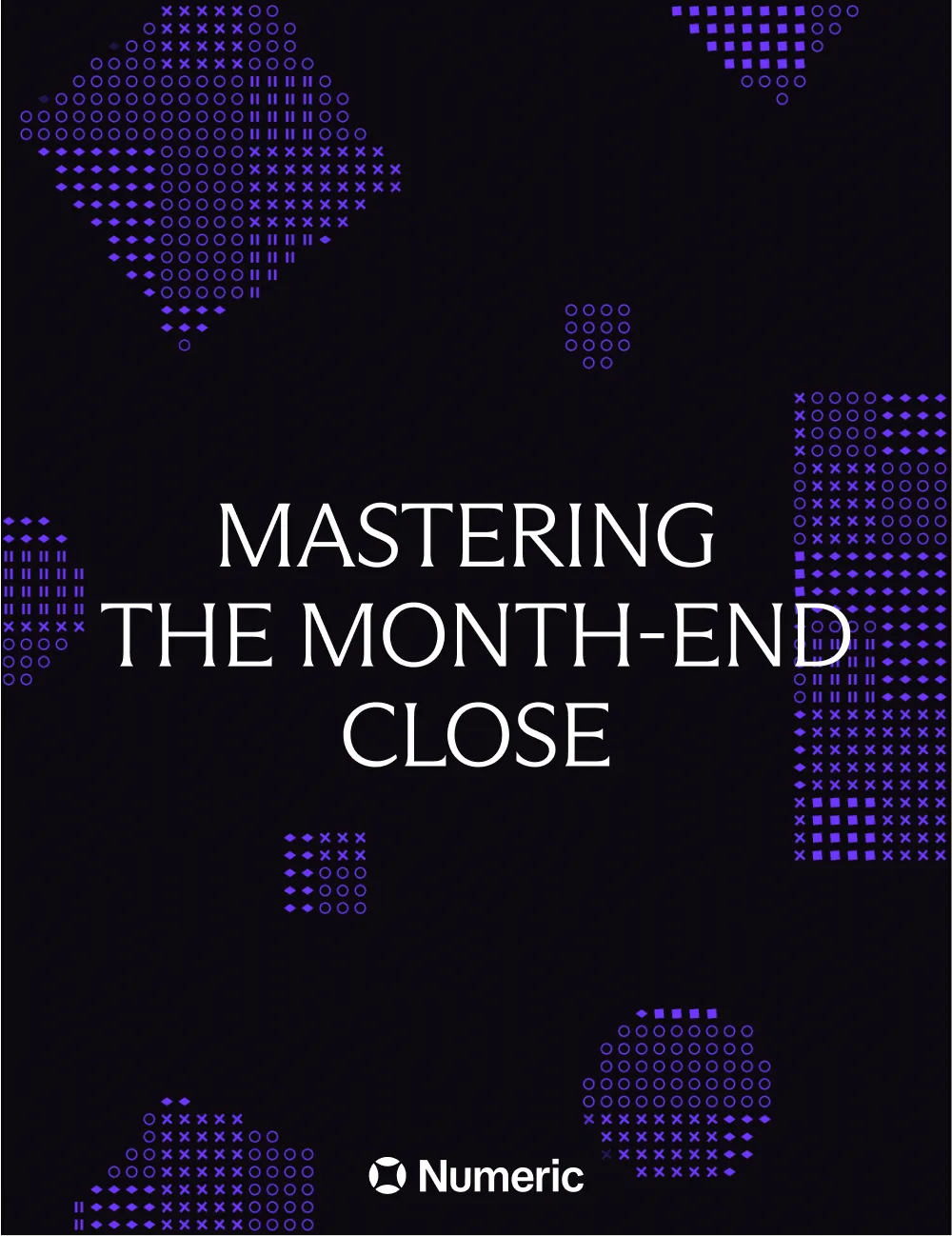

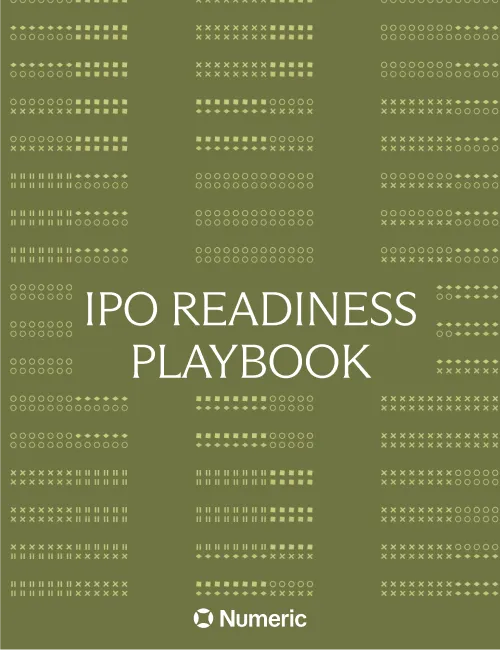

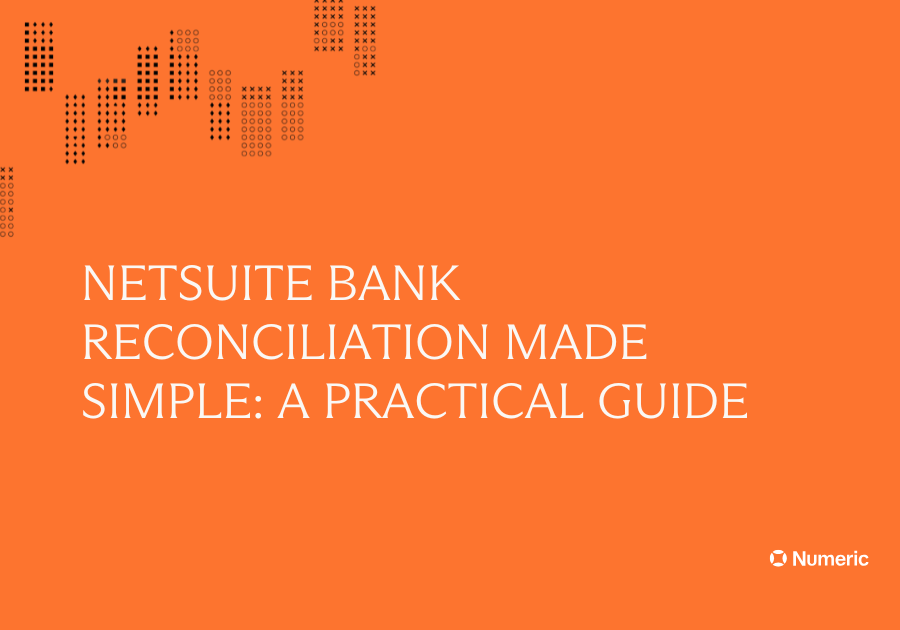
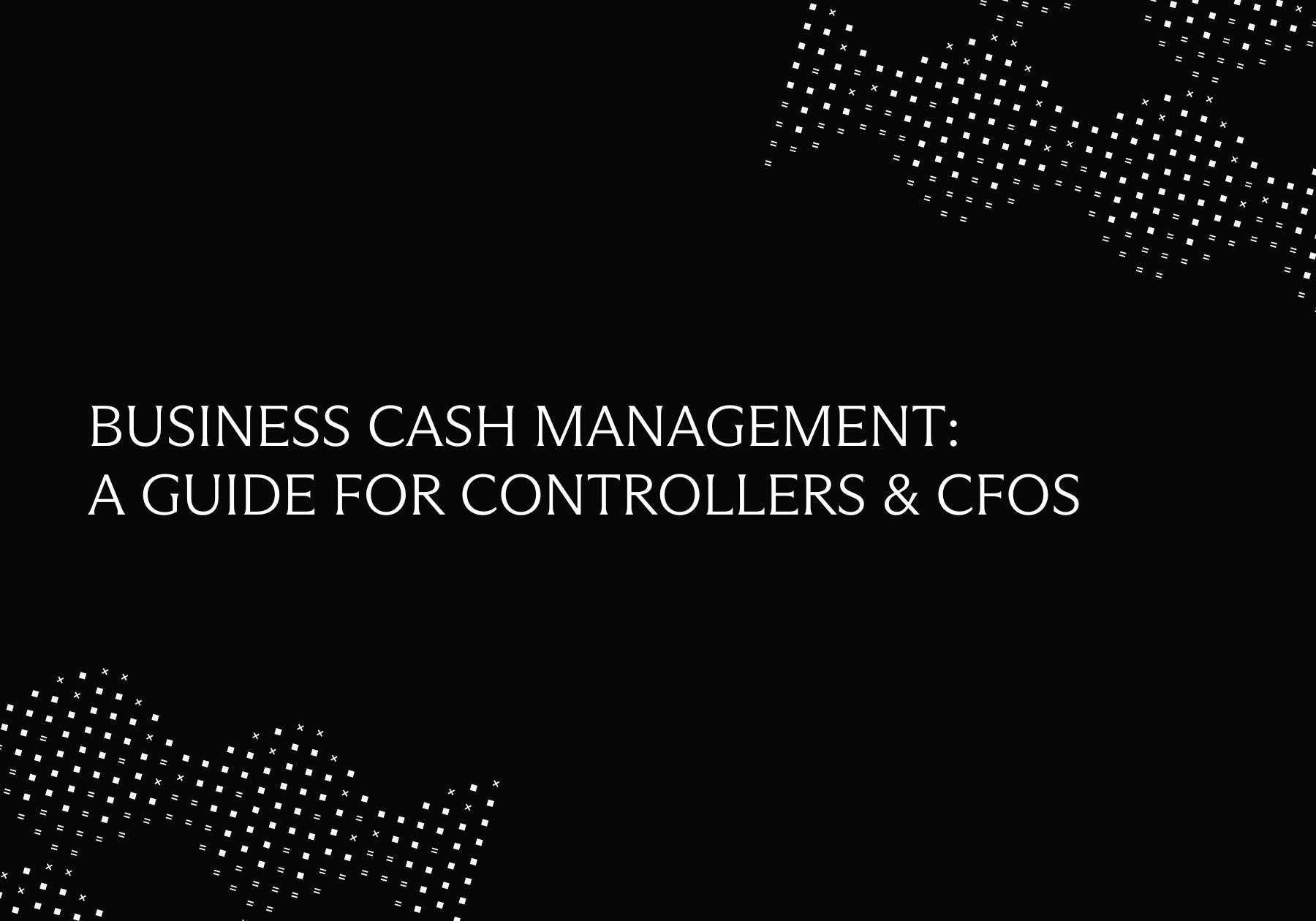
.png)